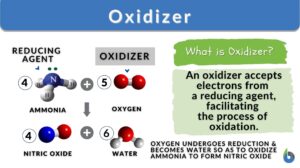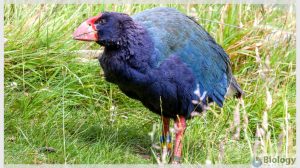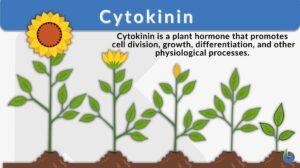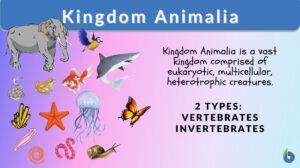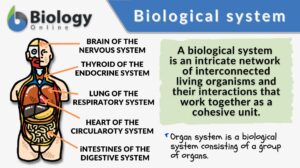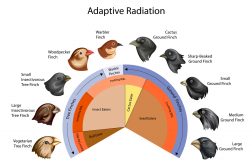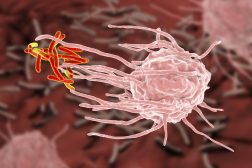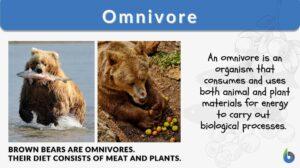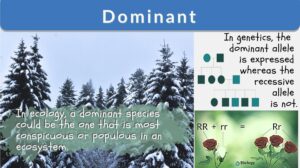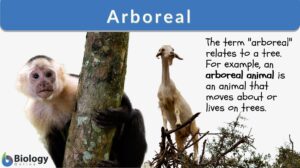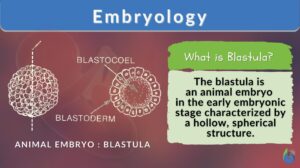Search Results for: powerful
Takahē (Porphyrio hochstetteri)
By: Maria Victoria Gonzaga Previously, we've seen the different animals endemic to New Zealand. Due to the... Read More
Dead Man Walking
Dead Man Walking: Wade Davis and the Secret of the Zombie Poison By Patrick D. Hahn Accepted on September 4, 2007 Twenty... Read More
Penniform muscle
Definition noun A flat muscle with fascicles arranged obliquely to the central tendon. Supplement Penniform muscles,... Read More
Kingdom Animalia
Kingdom Animalia Definition Each person can say that they know of or can name at least one animal. However, do people know... Read More
Phenol coefficient
Chemical disinfectants are categorized based on the power of their disinfection for microbes and viruses. Strong... Read More
Water potential
Definition noun The measure of the relative tendency of water to move from one area to another, and is commonly represented... Read More
Facultative anaerobe
Facultative Anaerobe Definition What does facultative anaerobe mean? Facultative organisms are the most adaptable... Read More
Biological system
Biological System Definition A biological system refers to a network of entities that work as a unit, functioning together... Read More
Electromagnetic spectrum
Definition noun The spectrum of all types of electromagnetic radiation Supplement The electromagnetic spectrum includes... Read More
Fusiform muscle
Definition noun A muscle that has a shape of spindle, which is being wider in the middle and narrowing towards both... Read More
Survival of the fittest
When we talk about evolutionary processes, the usage of the phrase "Survival of the fittest" has been very common in... Read More
Adaptive Radiation
Reviewed by: Mary Anne Clark, Ph.D. When Charles Darwin was in the Galapagos Islands, one of the first things he... Read More
Biological Cell Introduction
It only takes one biological cell to create an organism. In fact, there are countless species of single-celled organisms,... Read More
Biological Cell Defense
Organisms must find a means of defense against antigens such a viruses described on the previous tutorial. If this was not... Read More
New Zealand’s Unique Geographical History
Written by: Maria Victoria Gonzaga Peer-reviewed by: Cathy Buntting, Ph.D. and Andrea Soanes New Zealand is... Read More
Parasitism
Organisms depend on different sources of food to survive. Larger organisms like plants make their own food (autotrophs) and... Read More
SENI Biometric Analysis on the extinct Scincidae species: Macroscincus coctei (underlined)
Brian L. Schnirel Leeway Corucia Research Center (LCRC) Courtesy: Polyphemos (2004) Introduction: It has been... Read More
Fermentation
Fermentation Definition What is fermentation? Fermentation is the breaking down of sugar molecules into simpler compounds... Read More
Pennate muscle
Definition noun A flat muscle with fascicles arranged obliquely to the central tendon. Supplement Pennate muscles can... Read More
Putrefaction
putrefaction 1. The act or the process of putrefying; the offensive decay of albuminous or other matter. Putrefaction is a... Read More
Mātauranga Māori and Science
By: Maria Victoria Gonzaga In the previous lesson, we learned about the various methods used in measuring... Read More
